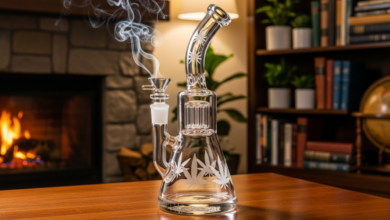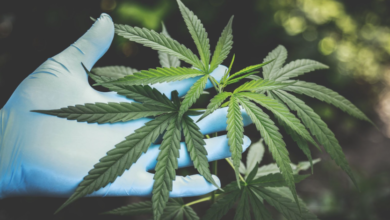Is Cbd Legal in Georgia

The legal status of CBD in Georgia is a nuanced topic that warrants careful consideration. Following the 2014 Farm Bill, hemp-derived CBD products with less than 0.3% THC have found a place in the market, yet the state’s specific regulations add complexity to its accessibility and use. While medical applications for conditions such as epilepsy are permitted, consumers must remain vigilant about sourcing and compliance with state standards. As the landscape of CBD continues to evolve, understanding the implications of these regulations becomes increasingly important. What other factors should be taken into account?
Overview of CBD Legislation
The legal landscape surrounding cannabidiol (CBD) in Georgia is shaped by a combination of state regulations and federal laws, establishing a complex framework for its production, distribution, and consumption.
CBD history in the state reflects significant legislative changes, including the 2014 Farm Bill, which legalized hemp-derived CBD, and subsequent amendments that further defined its legal status, ensuring greater access for consumers seeking therapeutic benefits.
See also: How Old Do You Have to Be to Buy Cbd Gummies
Hemp-Derived Vs. Marijuana-Derived CBD
Frequently misunderstood, the distinction between hemp-derived and marijuana-derived CBD lies primarily in their source plants and the concentration of tetrahydrocannabinol (THC), which determines their legality and effects.
Hemp extraction typically yields CBD with minimal THC, ensuring compliance with legal standards. In contrast, marijuana-derived CBD often exhibits varied cannabinoid profiles, potentially leading to psychoactive effects due to higher THC content.
Understanding these differences is crucial for informed choices.
Purchasing CBD in Georgia
Understanding the legal landscape surrounding hemp-derived CBD in Georgia is vital for consumers looking to purchase these products safely and compliantly.
A variety of purchasing options exist, including online retailers and local dispensaries, providing access to a range of CBD products.
Consumers should prioritize reputable sources that ensure quality and transparency, enabling informed choices while navigating this evolving market.
Restrictions and Regulations
In Georgia, the legal framework governing CBD is shaped by both state and federal regulations, which outline specific restrictions on production, distribution, and consumption of hemp-derived products.
These regulations impose legal implications for CBD usage, including limits on THC content and mandatory labeling requirements.
Compliance with these rules is essential for consumers and businesses to navigate the evolving landscape of CBD legality effectively.
Medical Use of CBD in Georgia
The medical use of CBD in Georgia is permitted under specific conditions, primarily for patients suffering from qualifying medical conditions as defined by state law.
This legal framework aims to enhance patient access to CBD’s medical benefits, enabling individuals to manage symptoms related to conditions such as epilepsy and chronic pain.
However, compliance with state regulations remains crucial for lawful use.
Conclusion
In conclusion, the legal landscape surrounding CBD in Georgia reflects a delicate balance between regulation and access, akin to the intricate dance of law and commerce.
As hemp-derived products gain traction, consumers must remain vigilant, discerning reputable sources to ensure compliance with established standards.
The path forward necessitates ongoing awareness of evolving legislation and adherence to safety protocols, ensuring that the benefits of CBD can be harnessed while navigating the complexities of legality and health implications.




